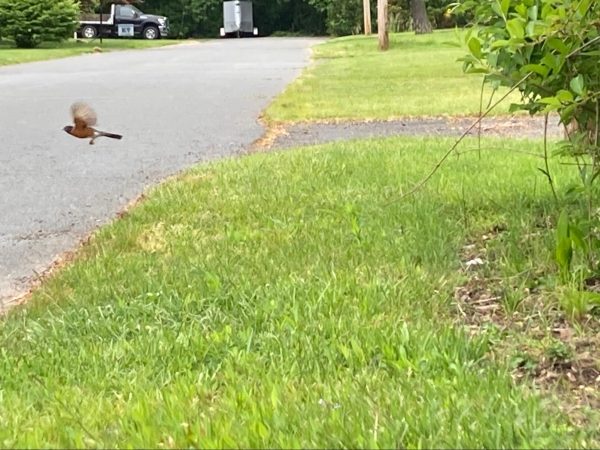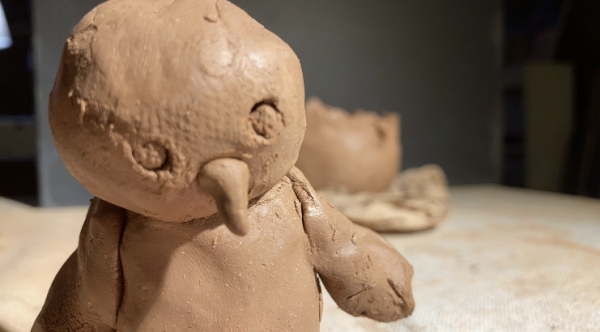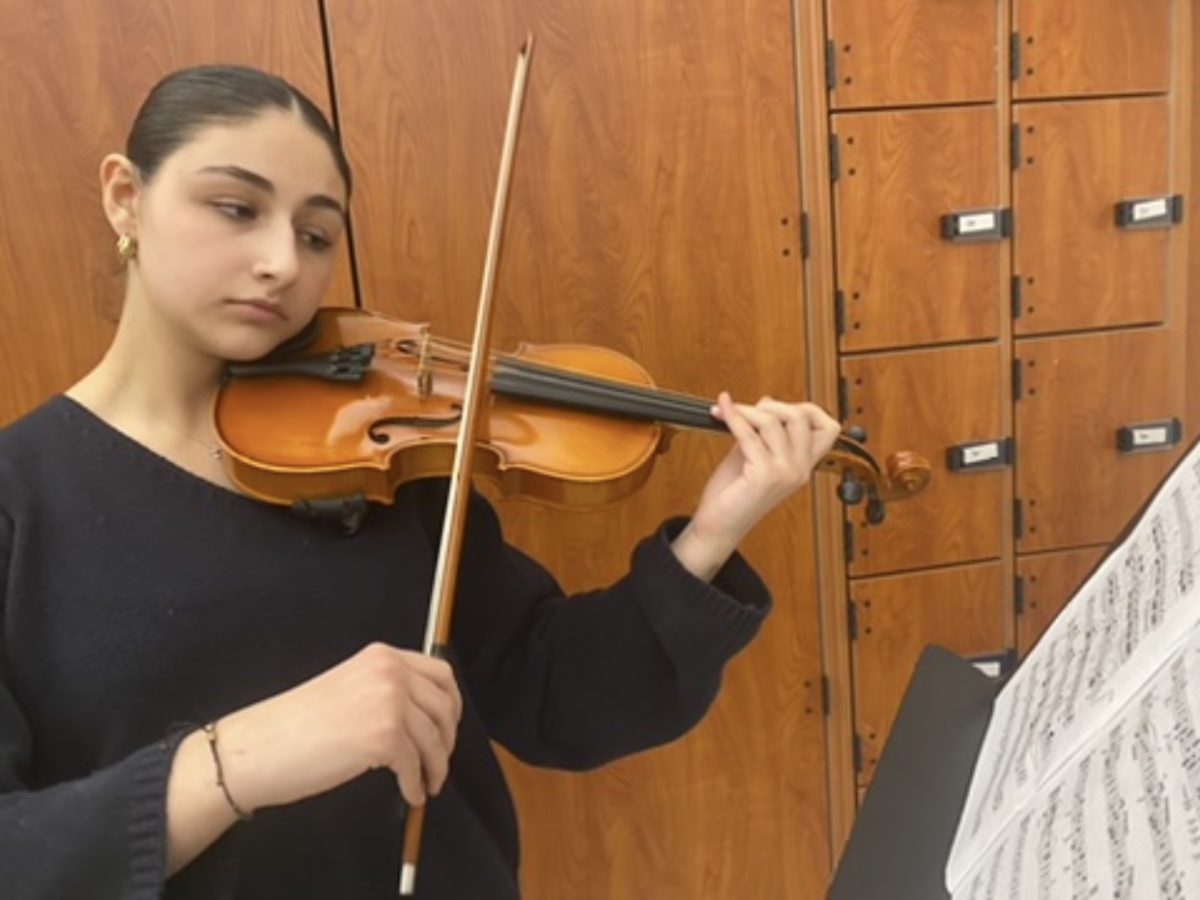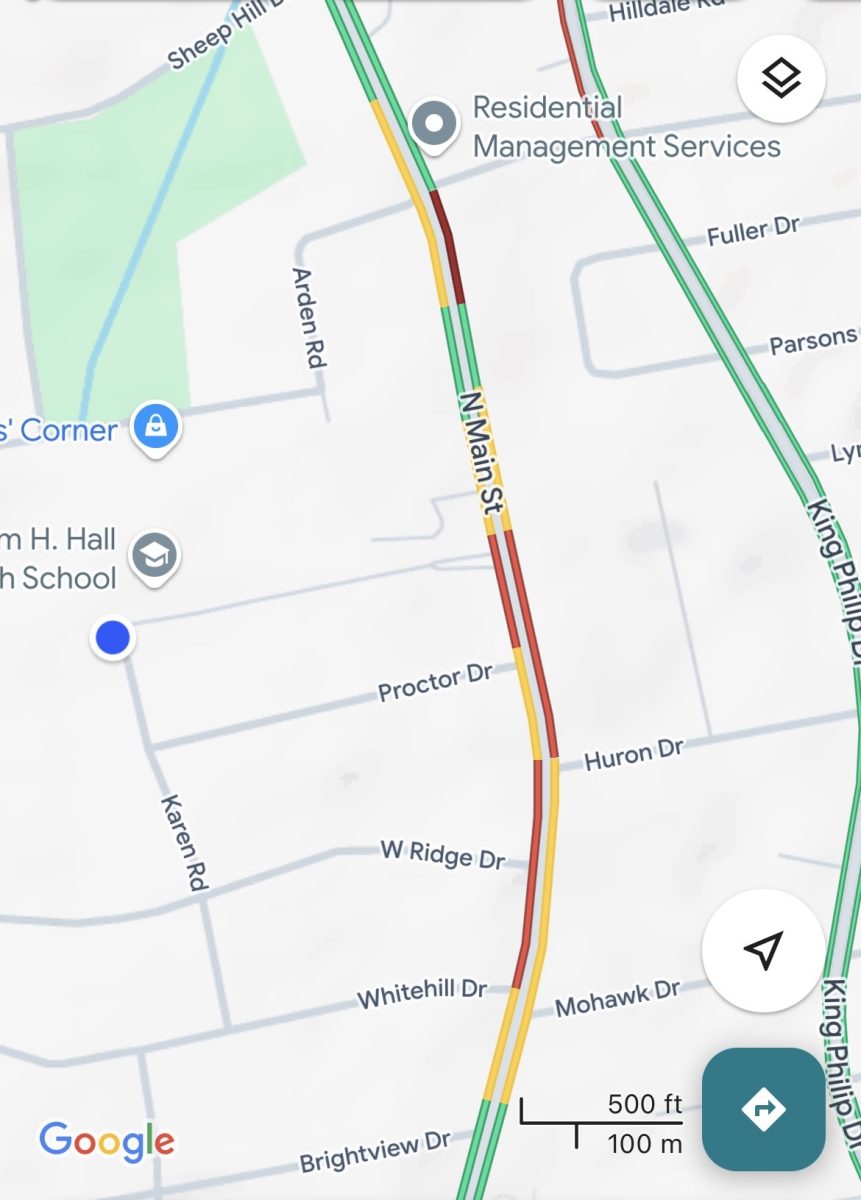

Golly gee, folks! We have done it. We have reached the end of yet another school year, and summer will soon be knocking at our door.
Some of us will spend the next three months working part-time jobs as camp counselors, lifeguards, lawn mowers, and dedicated Ben & Jerry’s employees. Some of us will attend pre-college programs about Greek poetry or the Origins of the Universe (???). Some of us might not even have plans yet.
Whatever scenario you find yourself in, I implore you to consider taking up a new hobby: birdwatching. Summer is the perfect time to dip your toes into the unfamiliar. Why not go outside and watch the birds?
Birdwatching, also known as birding, has significantly grown in popularity over the last decade, as it encourages observation, exploration, and appreciation of the world around us. What better way to spend your summer?
In Connecticut, there are many species of birds to look out for, such as the Common Grackle (great name), the American Goldfinch (great color), or the Mourning Dove (terrible sadness).
The American Robin, though, holds the monumental honor of being the official state bird (a tremendous achievement). It is easy to recognize by its bright red-orange chest and yellow beak, as well as its whistle-like call.
The color of a bird’s feathers, the shape of its beak, the sound of its call—all of these characteristics can help budding birdwatchers like yourselves identify the species that you are studying. After making an observation, you should try writing it down in a notebook to refer back to in the future. Keeping a log will not only help you to differentiate between species, but it will also help you to cultivate a deeper appreciation for birds.
In the last hundred years, or so, the bird population has declined dramatically due to habitat loss and overexploitation. The Smithsonian Magazine reports that, in the previous fifty years alone, “The 70 newly identified tipping point species have each lost half or more of their populations… and are on track to be slashed in half yet again in the next 50 years if nothing changes.”
Thankfully, numerous groups are working to conserve these species by restoring wetlands, providing green spaces in urban areas, and managing forests prone to wildfires. Their work will help, of course, but ordinary people have to care, too.
You do not have to study ornithology to know how incredible birds are. They are fascinating creatures with strange habits and personalities. Go outside, observe them, and find out how you can have a positive impact while exploring your newfound summer hobby.






